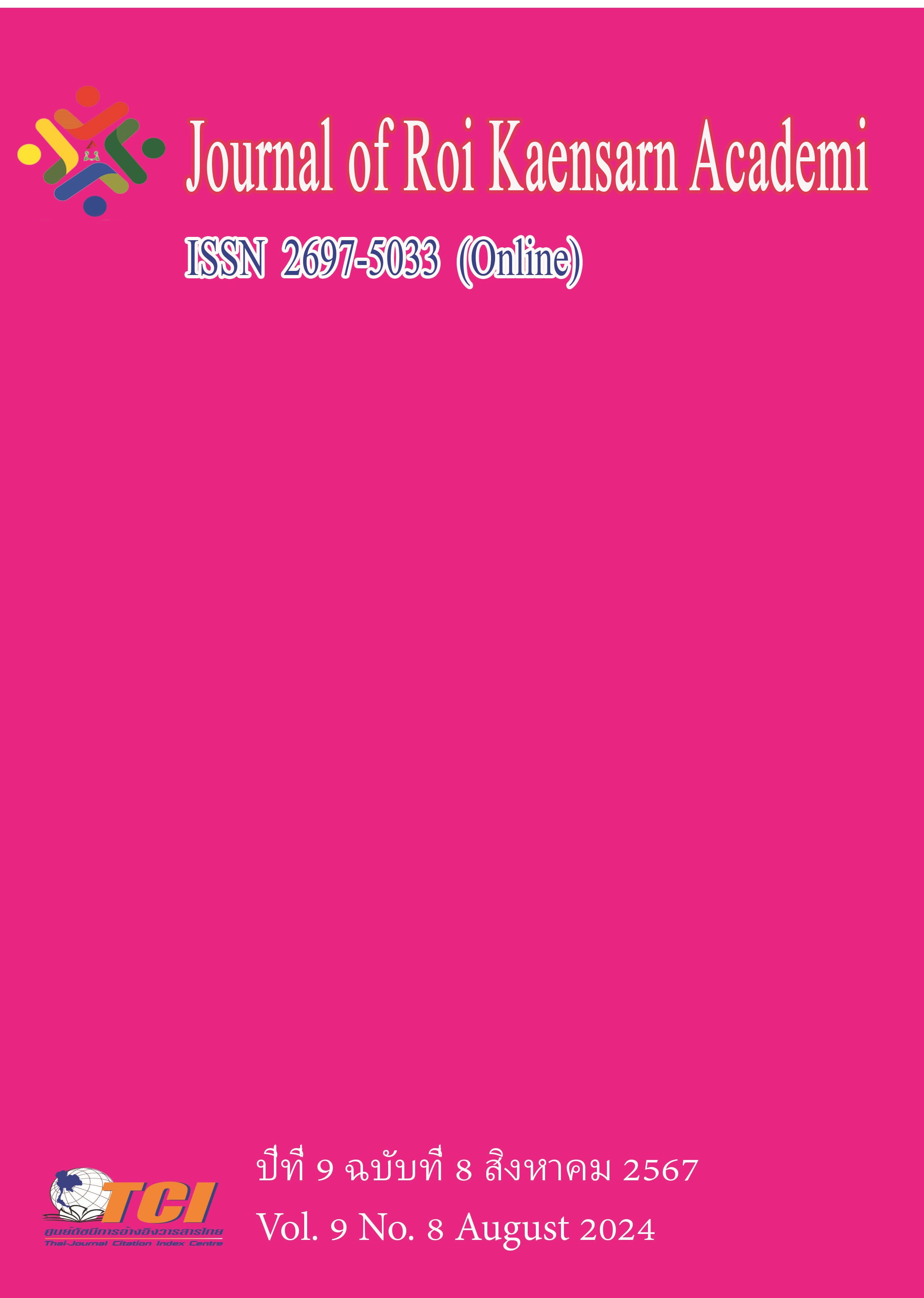The Optimizing Chinese University Ceremonies: Strategies for Enhancing Psychological Well-Being and Personal Growth of Students
Main Article Content
บทคัดย่อ
The objectives of this research were: 1) To explore the forms and characteristics of university ceremonies; 2) To analyze the functions of university ceremonies in supporting students' psychological well-being and personal growth; 3) To investigate how university ceremonies can help students cope with mental health issues and enhance adaptability; 4) To provide recommendations for optimizing university ceremonies to better support students.
The sample for this study consisted of literature and existing research on university ceremonies and their impact on students. They were selected by conducting a comprehensive review of relevant academic publications and institutional reports. The research instrument for data collection was a systematic literature review and analysis of existing studies.
The statistics for data analysis included qualitative content analysis of the collected literature and synthesis of findings from multiple studies.
The research results were found as follows: 1) The main forms of university ceremonies include ceremonies, celebratory ceremonies, and commemorative ceremonies; 2) Key characteristics of university ceremonies are educational, cultural, large-scale, performative, and symbolic; 3) University ceremonies positively impact identity recognition, organizational cohesion, moral education, value recognition, historical inheritance, cultural dissemination, and emotional experience; 4) These ceremonies can enhance students' adaptability by providing emotional support and establishing social networks.
Suggestions include optimizing university ceremonies to better address students' psychological needs, incorporating more interactive and student-centered elements, and aligning ceremony content with contemporary student values and challenges.
Article Details
เอกสารอ้างอิง
Wang Jie. (2008). Ideological and political education from the perspective of symbolic interaction theory. Journal of Nanjing University of Political Science, (05), 99-103.
Wang Juan. (2019). Media rituals and social representation. Guangming Daily Publishing House.
Wang Aixiang. (2018). Research on the Ritual of Ideological and Political Education in Colleges and Universities and Its Infectivity (unpublished master's thesis). Northeast Normal University, China National Knowledge Infrastructure.
Wang Yixing. (2016). Exploration of the Moral Education Value of School Ceremonies (Unpublished Master's Thesis). Qufu Normal University. China National Knowledge Infrastructure.
Wang Guowei. (2015). Feasibility study on integrating traditional etiquette culture into ideological and political education for college students (unpublished master's thesis). North China University, China National Knowledge Infrastructure.
Wang Caixia. (2008). Analysis of the Current Situation and Countermeasures of Adult Ritual Education Activities at the Age of 18 (unpublished master's thesis). East China Normal University, China National Knowledge Infrastructure.
Dong Shumei. (2017). The historical changes in school rituals and their educational value. Journal of Shanxi University (Philosophy and Social Sciences Edition). (06), 86-92.

